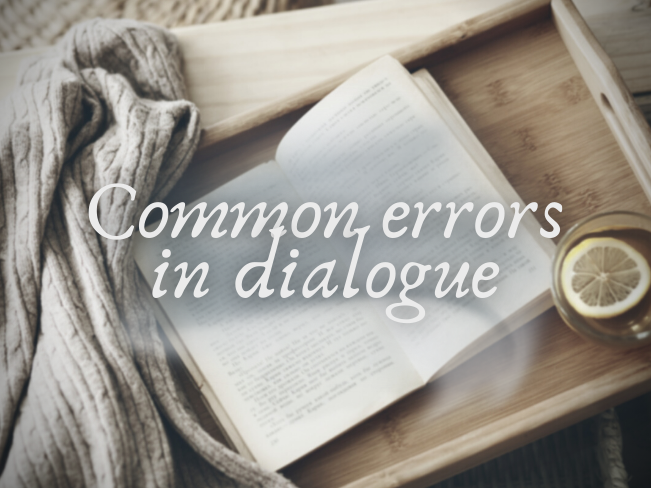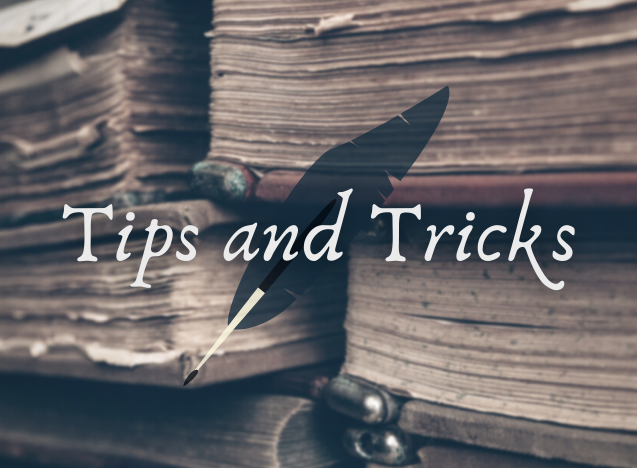The “in late, out early” rule is a cornerstone of pacing and narrative tension. If you’re not familiar with this phrase, fear not! It’s simpler than it sounds, and when wielded effectively, can cut bloat and dramatically sharpen your story.
Let’s break down what this rule means, how it works, and why it’s a game-changer for fiction writers.
“In Late, Out Early”
The “In Late, Out Early” rule refers to the technique of starting a scene at the last possible moment where the action is already in motion, then leaving the scene riiight before the action winds down. It avoids unnecessary set-up, summarizing, and transitions (at the entry point) and drawn-out conclusions or unnecessary resolution (at the exit).
Think of it as focusing your energy and attention on the heart of a scene, where stakes are high, and things are about to change for your characters. Then, once the crucial moment passes, you step out, leaving the reader hungry for what happens next. The faster you can pull your reader through the story without losing depth and meaning, the more likely they are to stay with you until the end.
(And the more bloat you cut, the more words you free up for those deep and meaningful scenes!)
But most importantly, “In Late, Out Early” is an editing technique. Though we get better at identifying where our scenes really should start and end with time and practice, even the best writers fail to find the sweet spot while drafting. In our first (second, even third!) time through, we’re still telling ourselves the story. We tend to write our way into scenes, putting more background detail and set-up into the openers than we’ll keep in our final draft because we need that detail and set-up to keep ourselves oriented and moving in the right direction as we’re typing. We’ll often end late, too, passing the end of the action and giving our characters time to dawdle, waffle, or—importantly—think. While this hemming and hawing might not make it through to the final draft, it can be a big part of our creative process as we get to know our characters, their goals, and the way they respond and react to what’s happening around them.
In other words, if you’re currently panicking because you tend to get in early and out late, no worries. You needed those words when you wrote them. None of them are wasted! And now, during the self-editing process (and with the clarity and hindsight a little time and space provides), it’s time to find those spots and trim for clarity.
Or to put it in a catchier way: pacing is perfected in edits.
The rest of this post is available at the AuthorShip+ tiers on Cee’s Patreon. Click the image above to go straight to the post, or take a look at the tiers and what they have to offer right here.

 Commonly Misused Dialogue Tags
Commonly Misused Dialogue Tags Make it Work
Make it Work Writing Vivid Description
Writing Vivid Description
Leave a Reply